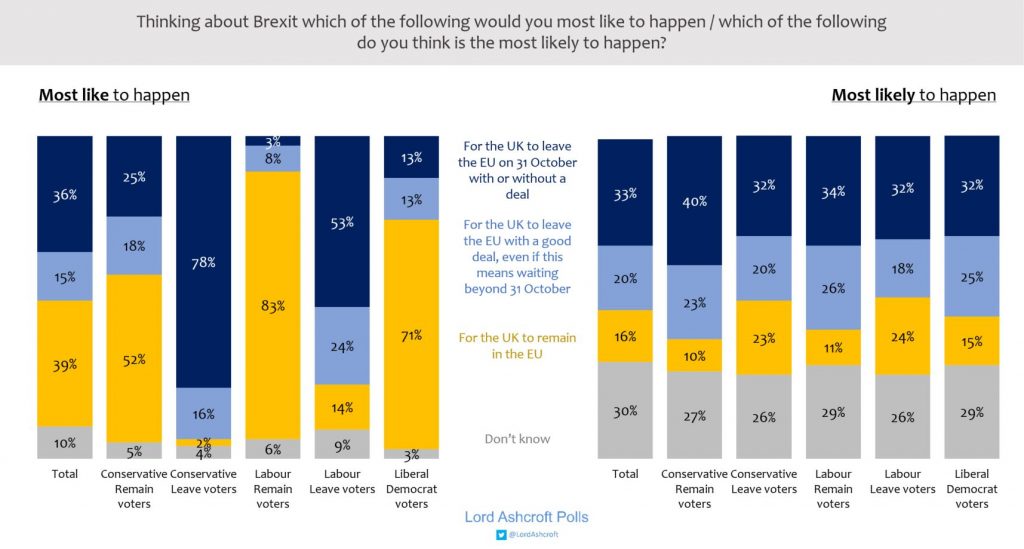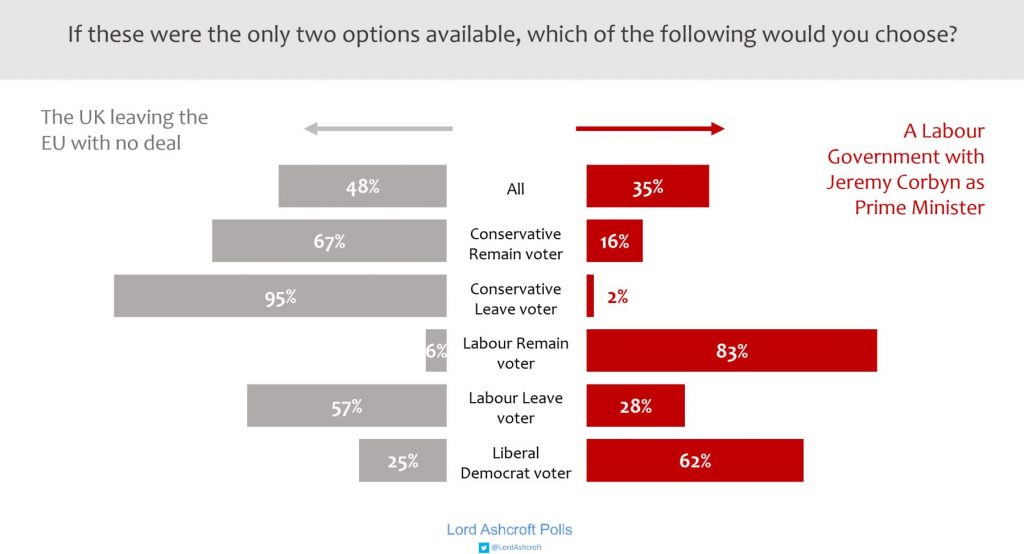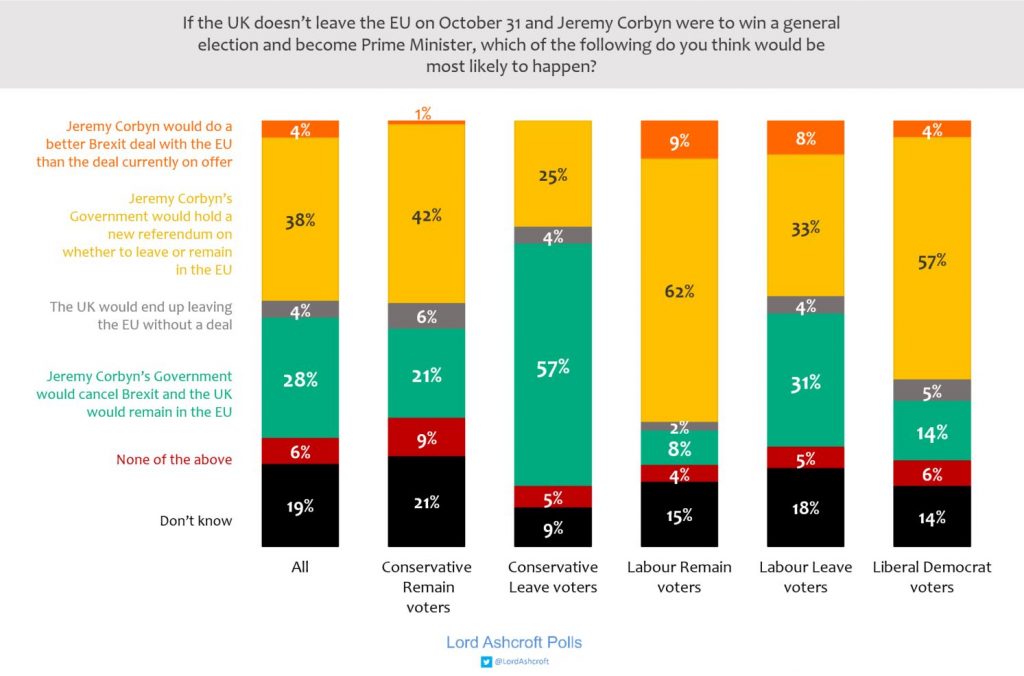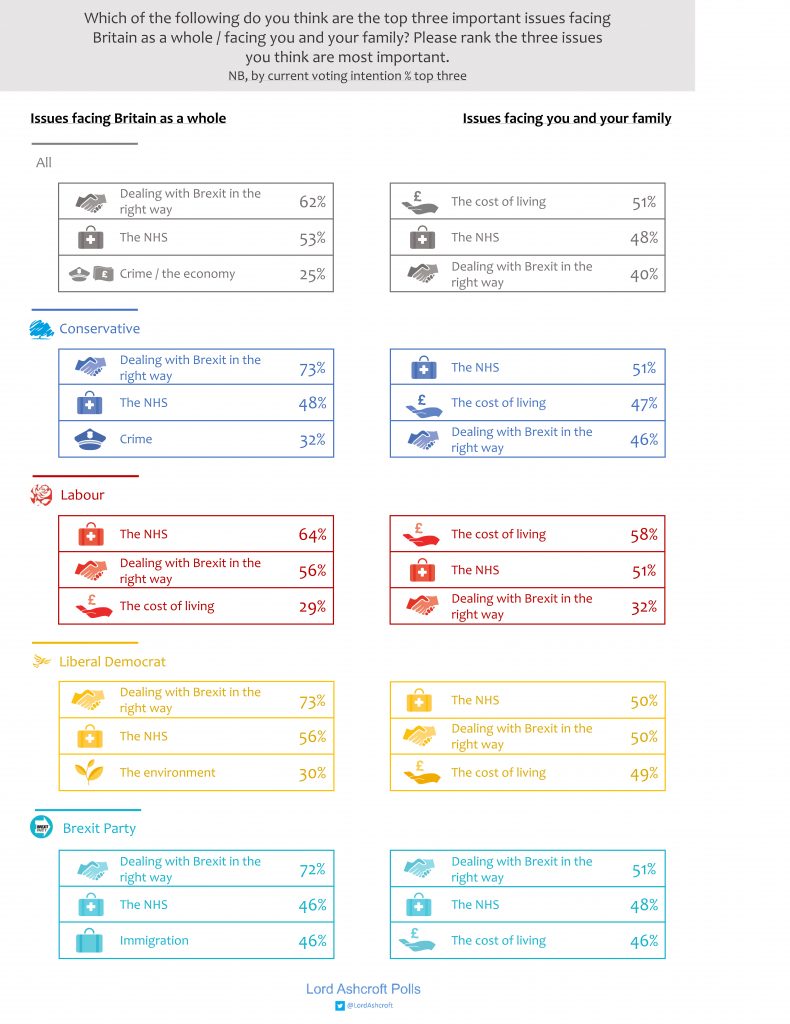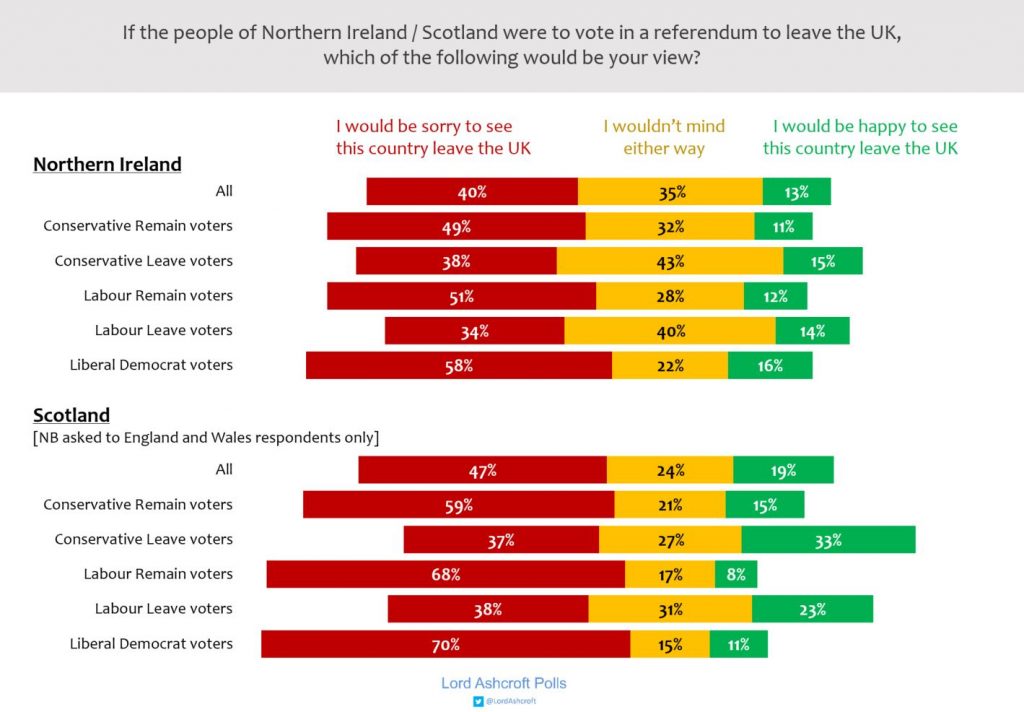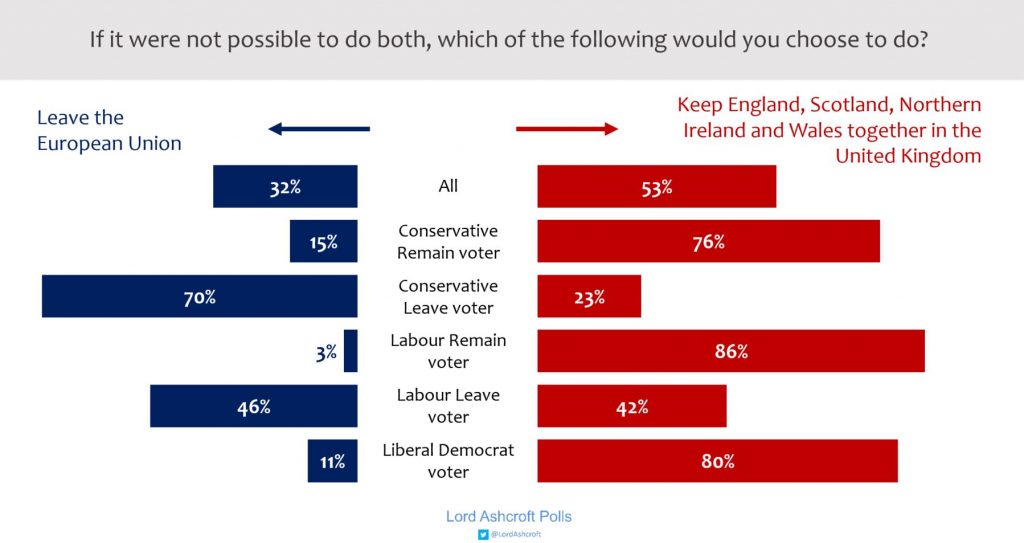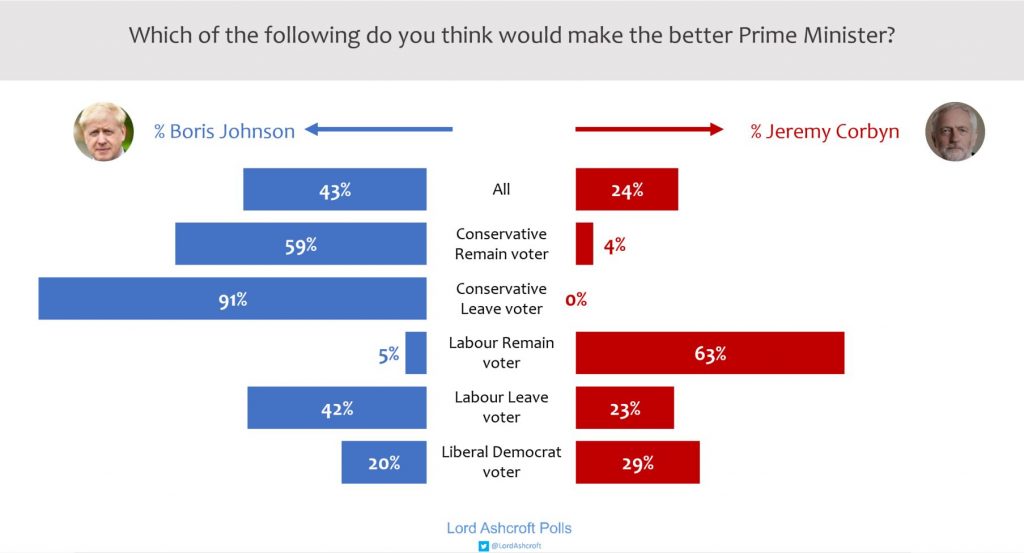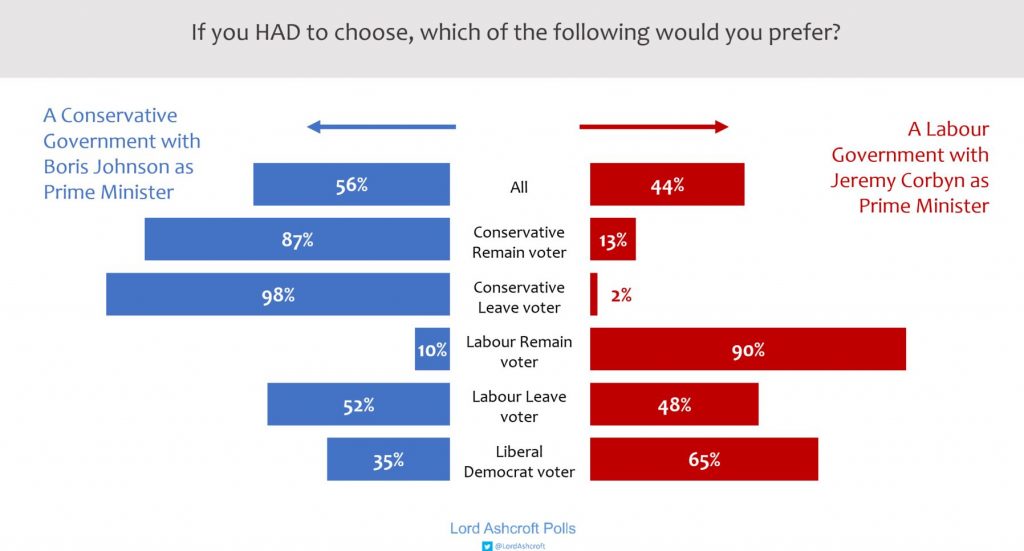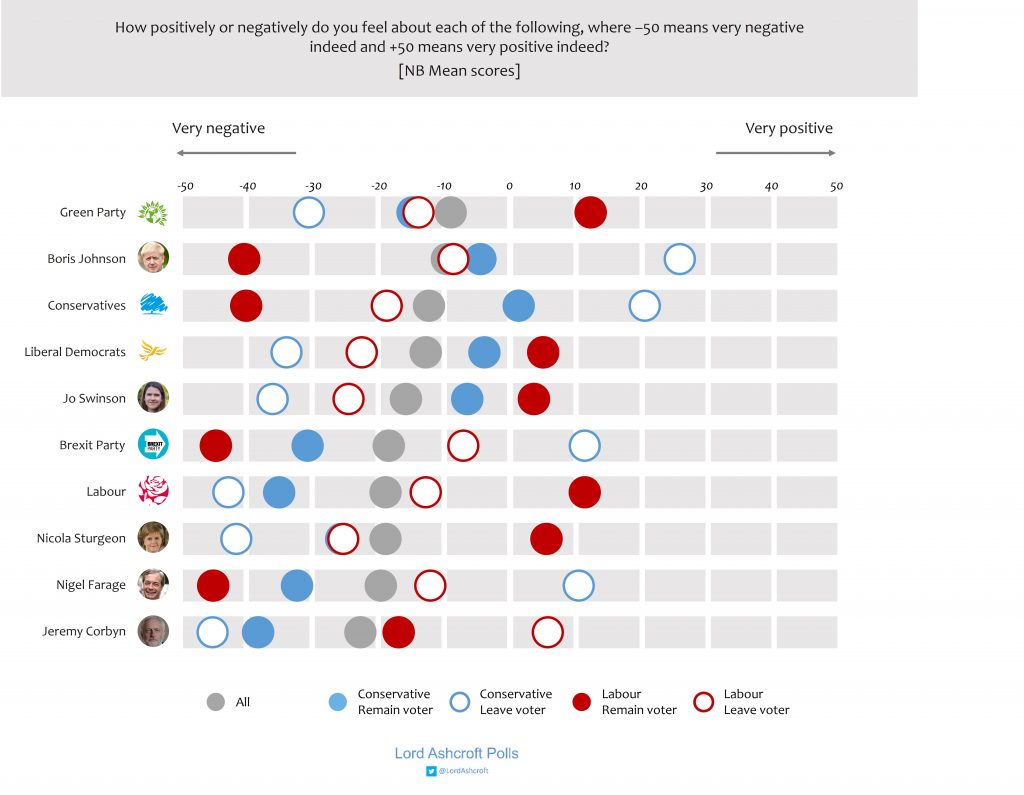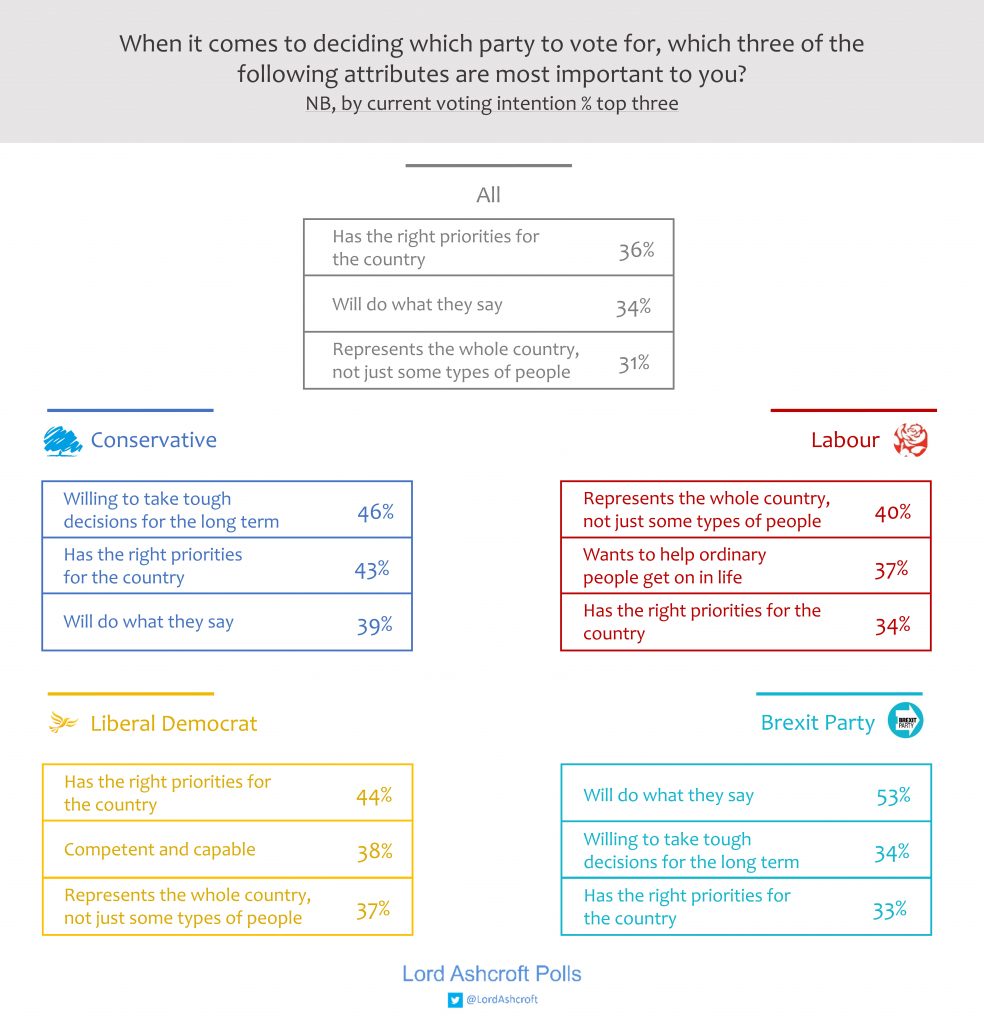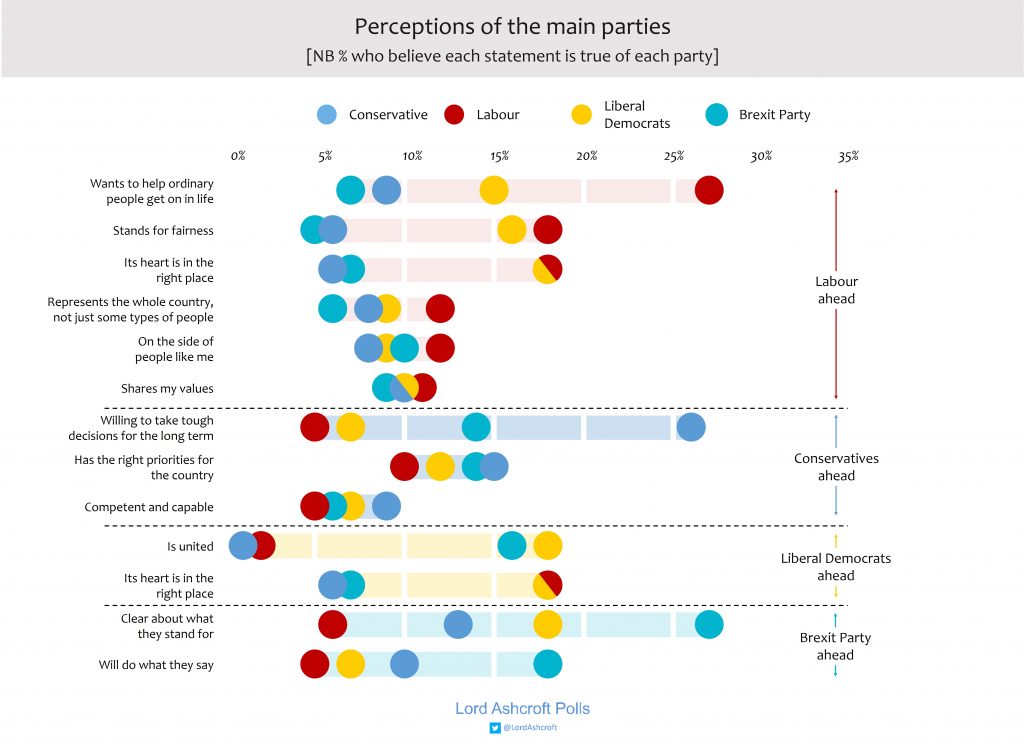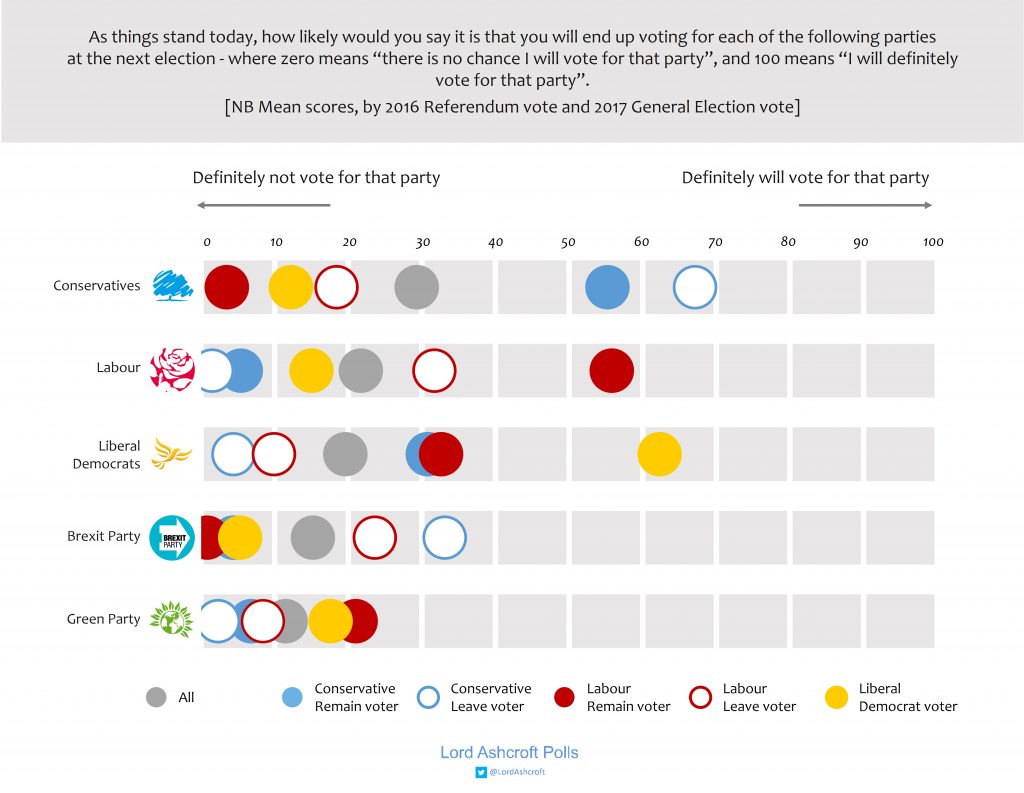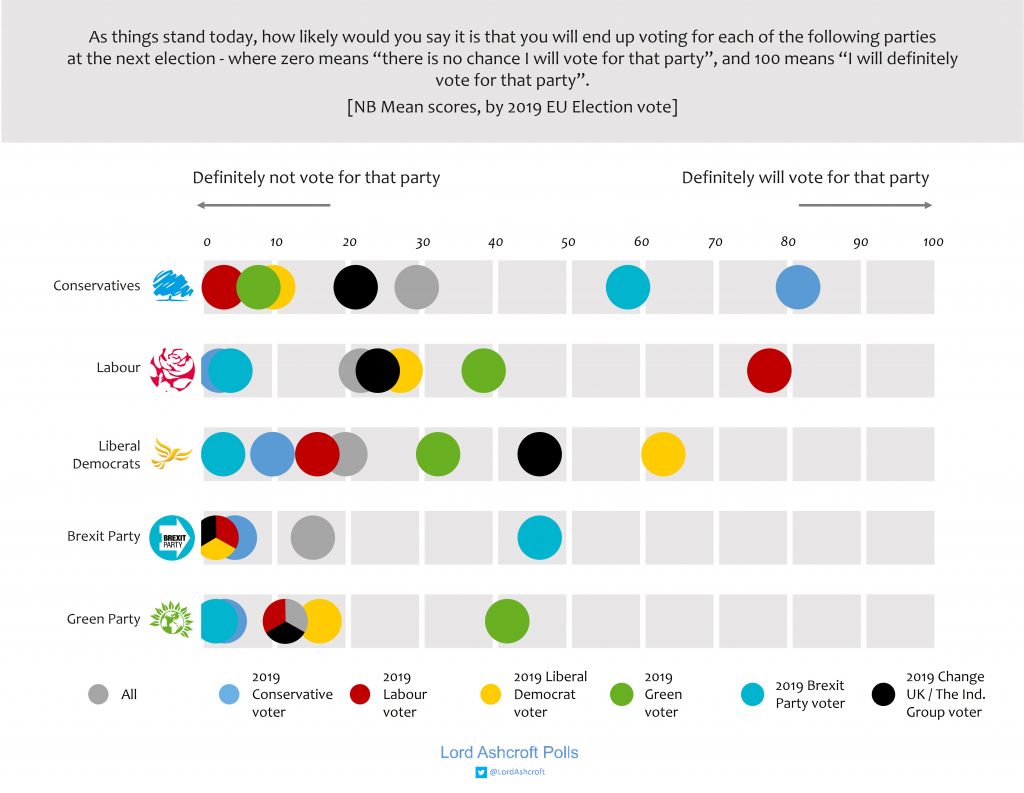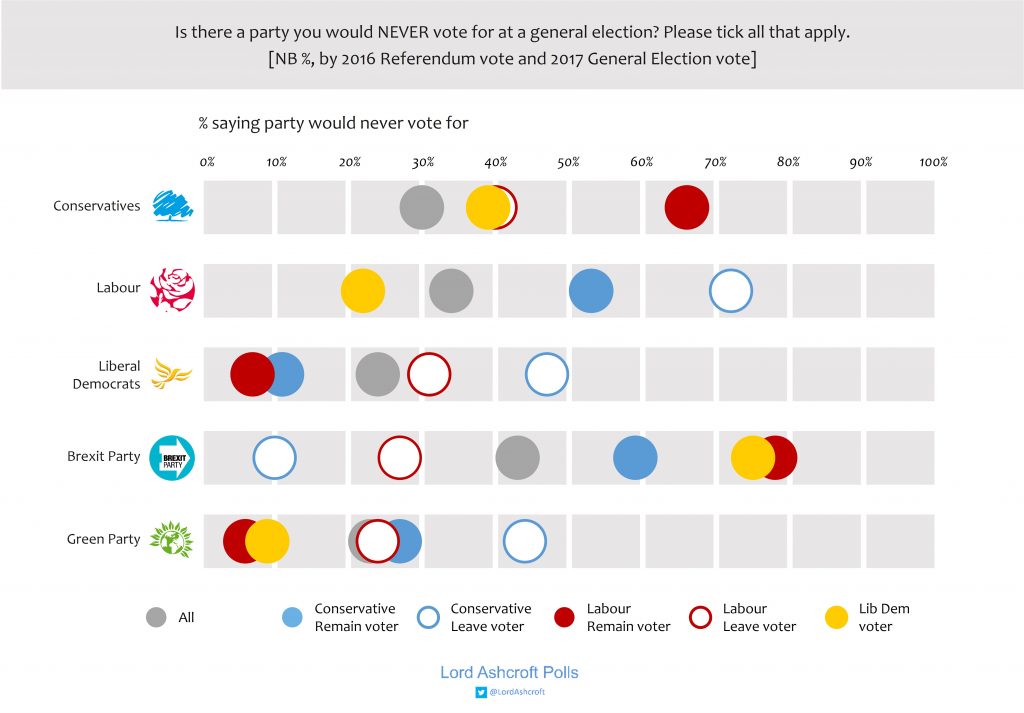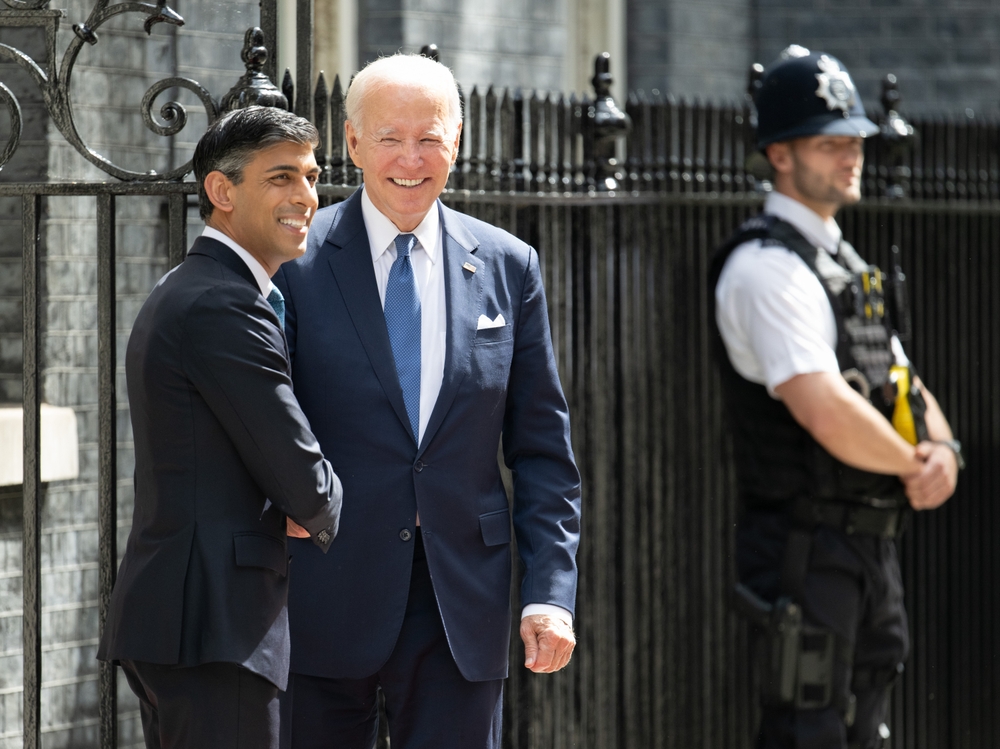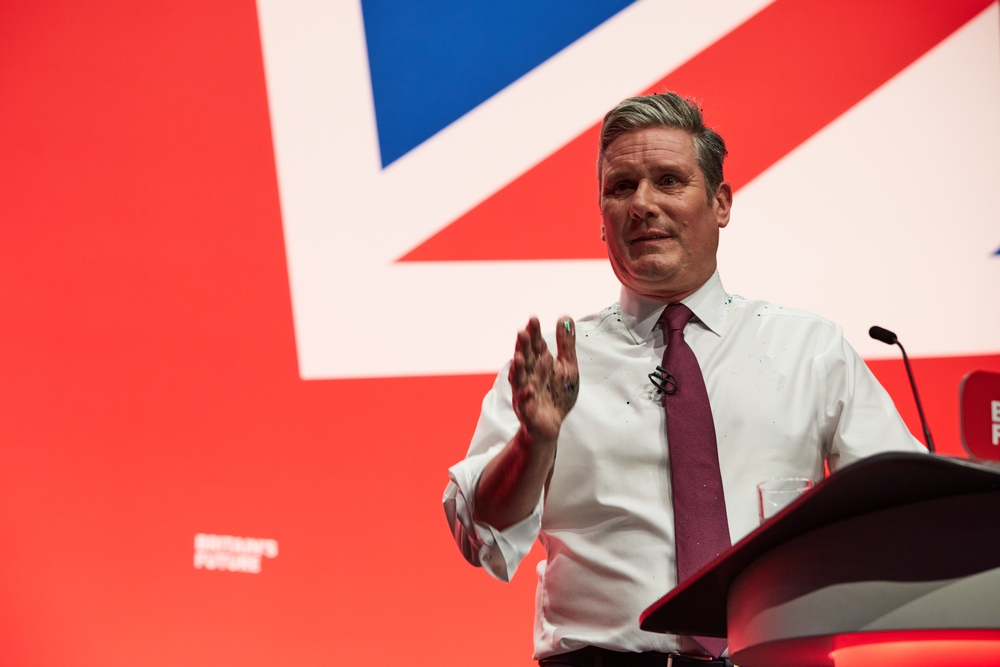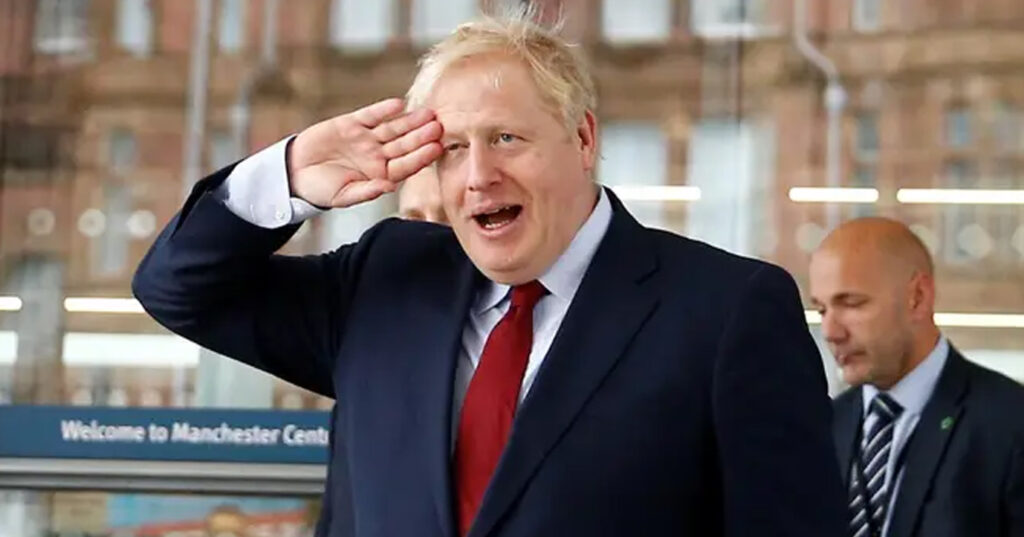
The Conservative Party conference that opens today takes place at a more volatile and unpredictable time than any previous gathering I can remember. My new research, including an 8,000-sample poll, helps to make sense of what is going on by showing what the voters themselves make of the unfolding drama.
The Brexit Saga, part 94
When asked what they would most like to happen with Brexit, nearly eight in ten Conservative Leave voters choose Boris Johnson’s position of leaving the EU on 31 October with or without a deal. However, only 32% of them think this is the most likely outcome. One in five of them think we will leave after the current deadline, and nearly a quarter believe we will end up remaining in the EU. Overall, 36% back the PM’s policy, including six in ten 2017 Conservatives, nearly seven in ten Leave voters overall, and more than half of Labour Leavers. A further 15% said they would prefer to leave with a good deal even if this meant waiting beyond October, and nearly four in ten – including three quarters of remainers and just over half of Tory remainers – said they would like to see the UK remain in the EU.
Those who currently say they are most inclined to vote for the Brexit Party at the next election are both the most likely to want to leave on 31 October (85%) and the least likely to think this will happen (31%).
Most Conservatives, including two thirds of Tory Leavers, think that if no Brexit deal has been reached by parliament’s deadline of 19 October, the PM should refuse to ask for an extension to Article 50 and continue with his policy of leaving at the end of the month. Six in ten Leave voters say this, as do three quarters of those who currently say they are most likely to vote for the Brexit Party. However, all groups including Conservative leavers were more likely to say he should ask for an extension as required by parliament than that he should resign rather than comply with the new law.
No-deal, or Labour and Corbyn?
If the only two options available were leaving the EU with no deal or a Labour government with Jeremy Corbyn as Prime Minister, 48% would choose a no-deal Brexit and 35% a Corbyn-led government.
Two thirds of Conservative Remain voters said they would choose no-deal over Corbyn, as did a majority of Labour Leave voters. Just over six in ten of all Remain voters said they would rather have a Corbyn government than a no-deal Brexit.
Just under four in ten voters think that if Jeremy Corbyn won an election while the UK was still in the EU, his government would hold a second referendum on Brexit. A further 28% say they think he would cancel Brexit altogether, and one voter in five says they don’t know what he would do – including the same proportion of those who currently say they are most likely to vote Labour at the next election. Most Labour-inclined voters think a Corbyn government would hold a second referendum; only 14% he would achieve a better Brexit deal than the one currently on offer.
Dealing with Brexit in the right way topped the list of the most important issues facing the country as a whole, with 62% naming it among the top three. It was followed by the NHS (53%), crime and the economy (both 25%), then immigration and the environment and climate change (both 21%).
However, when we asked what mattered most to people themselves and their families, Brexit fell to third place, behind the cost of living and the NHS. Only four in ten named Brexit among their top three priorities in this respect.
Brexit and the Union
Following my recent polls on Scottish independence and Irish unification, I found just under half of English and Welsh voters saying they would be sorry to see Scotland leave the UK if it chose to do so in a referendum. Remain voters (65%) were more likely to say this than leavers (35%), and Labour voters (58%) more likely than Conservatives (43%).
A slightly smaller proportion of voters in Britain as a whole (40%) said they would be sorry to see Northern Ireland leave the UK, with more than one in three saying they wouldn’t mind either way.
Asked what they would choose to do if it were not possible to leave the EU and keep England, Scotland, Wales and Northern Ireland together in the United Kingdom, just over half of voters said they would keep the UK together in its present form.
Nearly one in three said they would rather go ahead with Brexit, and a further 15% said they didn’t know what they would choose. However, the majority of 2017 Tories, six in ten Leave voters and eight in ten of those who currently lean towards the Brexit Party said they would choose leaving the EU over keeping the UK together.
Parties and leaders
Boris Johnson is chosen as the best Prime Minister by 43%, compared to 24% for Jeremy Corbyn; one in three voters say they don’t know. Conservative Remain voters prefer Johnson by 59% to 4%, with 37% undecided.
Labour Leave voters also prefer Johnson, by 43% to 23%, as do nine out of ten of those who voted for the Brexit Party in the 2019 European Parliament election.
Forced to choose between a Conservative government led by Boris Johnson and a Labour government under PM Corbyn, voters choose Johnson and the Tories by 56% to 44%. Conservative Remain voters do so by 87% to 13%. Labour Leave voters also prefer a Johnson-led Tory government by 52% to 48%; Euro election Brexit Party voters do so by 96% to 4%.
Asked how positively or negatively they feel about the parties and leaders, voters overall rate Boris Johnson slightly ahead of his rivals and the Conservative Party itself. Labour Leave voters rate the PM higher than both Jeremy Corbyn and Nigel Farage. He also receives a higher score from his own party’s 2017 voters than both Jeremy Corbyn and Jo Swinson.
Tory leavers gave the Conservative Party a higher score than Tory remainers, while among Labour voters the Labour Party received a higher score among remainers than leavers.
When we asked which attributes they thought most important in a political party, those currently planning to vote Conservative were most likely to mention being “willing to take tough decisions for the long term”. Labour-leaning voters prioritised “representing the whole country, not just some types of people,” while those currently intending to vote Lib Dem chose “having the right priorities for the country.” For those saying they are most likely to vote for the Brexit Party, the most important attribute was that they “will do what they say.”
In practice, few voters thought any of the positive attributes listed applied to each of the parties. The Conservatives scored best on being willing to take tough decisions for the long term (though only 26% thought this was true of them), Labour on wanting to help ordinary people get on in life (27%), the Brexit Party on being clear about what they stand for (27%) and the Lib Dems on being united (18%) and clear about what they stand for (also 18%).
The next general election
Rather than ask how they would vote in an election tomorrow, we asked people how likely they were to vote for each party at the next election on a 100-point scale. 2017 Conservatives were the most likely to say they would stick with their party next time (64/100), though Tory leavers were more likely to say this than Tory remainers. For 2017 Labour voters, the average declared likelihood of voting Labour again was just 49/100. Conservative Leave voters put their likelihood of voting Tory again (67/100) more than twice as high as their chance of voting for the Brexit Party (33/100). Labour Leave voters considered themselves slightly more likely to switch to the Brexit Party than to the Tories.
Those who voted for the Brexit Party in the 2019 Euro elections put their likelihood of doing so again at a general election slightly below the chance that they would vote Conservative.
Asked if there were any parties they would never vote for at a general election, 43% named the Brexit Party. This included a quarter of 2017 Conservatives, but only 10% of Conservative Leave voters. Labour was second on the list, being ruled out by two thirds of 2017 Tories but only 22% of Lib Dems. just over half of Conservative Remain voters ruled out switching to Labour, and only 11% of them said they would never vote Lib Dem. Though just over half of Labour voters said they would never vote Tory, this was only true of 40% of Labour leavers.
The election mapped
Finally, using factor analysis we created a “map” of the 2019 general election which shows the multi
